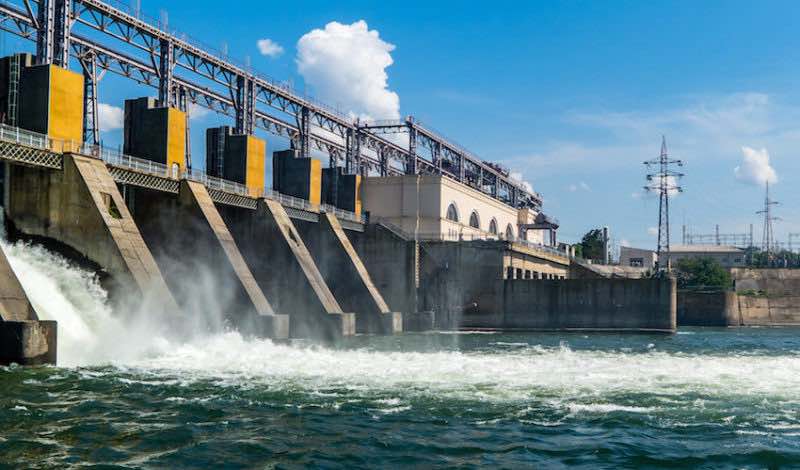
April 11, 2019 (PORTLAND, ME) – Conservation Law Foundation (CLF) released the following statement today in response to the Maine Public Utilities Commission decision to grant a certificate of public convenience and necessity for the New England Clean Energy Connect (NECEC) project. Central Maine Power (CMP) is planning a 145-mile transmission line through western Maine to connect almost 1100 MW of Canadian hydropower to the New England electric grid.
“It is imperative that we act now to drastically reduce our greenhouse gas emissions if we are to have any hope of avoiding the most catastrophic impacts of climate change,” said Sean Mahoney, Executive Vice President and Director of CLF Maine. “Replacing energy from polluting fracked gas plants with hydropower will reduce emissions at the scale necessary to make a difference in New England.”
The project will now undergo a separate and rigorous environmental review at the Department of Environmental Protection. CLF is calling for additional measures from CMP to protect the natural habitat of western Maine as part of that process.
Prior to the PUC’s approval, CLF collaborated with the Governor’s Energy Office, the Office of the Maine Public Advocate, the Acadia Center, the Industrial Energy Consumer Group and several other organizations on a settlement agreement with CMP, which imposes conditions valued at $250 million on the project.
“Governor Mills’ leadership on this issue guarantees that Mainers will see the benefits of this project for decades to come,” added Mahoney.
Among other provisions, CMP will be required to: improve the electric grid for existing renewables; provide $15 million to advance electric vehicles and charging stations in Maine; $15 million for the installation of heat pumps; $50 million for energy efficiency programs and $140 million for ratepayer relief, each with a focus on low and moderate income Mainers and provide up to $2.5 million to develop solutions to enable new renewable energy in Maine and undertake greenhouse gas emissions reduction planning.
CLF experts are available for further comment.
###

